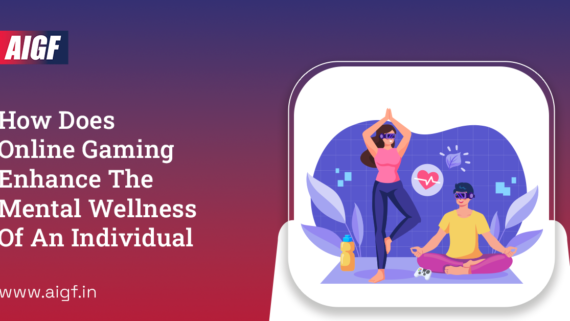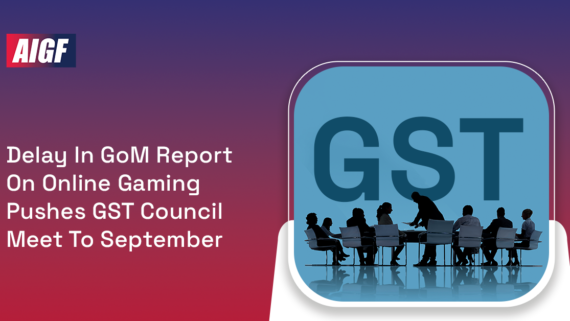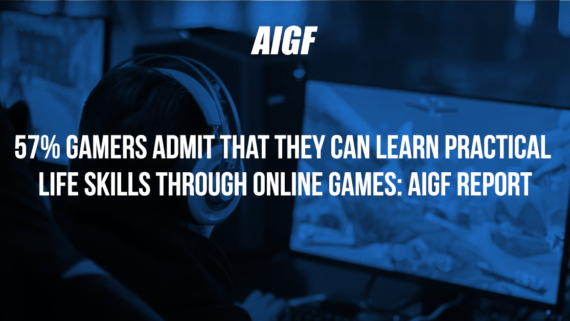According to World Economic Forum, Education 4.0 will see education changing from the simple digital makeover of content to clear goal-based digitization and embracing of alternate channels of education—namely Gamification. As the platform points out, leveraging technology to enhance education – such as learning through play – will not only help revolutionize education systems but also ensure that the future generation is empowered to thrive in an increasingly technology-enabled future.
Educative Games of Skill
Introduction
Games of any kind shaped up different attributes and characters of the players while teaching them qualities like Risk-Taking, Patience, and Perseverance. However, Gaming can be especially strategized for skilling and education, thus reinforcing the concepts of concentration, problem-solving and critical thinking. Educational Games, especially online games can be designed to complement regular studies, teach concepts and help in designing assessments.
According to World Economic Forum, Education 4.0 will see education changing from the simple digital makeover of content to clear goal-based digitization and embracing of alternate channels of education—namely Gamification. As the platform points out, leveraging technology to enhance education – such as learning through play – will not only help revolutionize education systems but also ensure that the future generation is empowered to thrive in an increasingly technology-enabled future.
Gamification of study content also has a psychological benefit that the stakeholders from the education community need to build upon. As educators, trainers, governments, and parents, comprehend and grasp the extent of intervention that gaming can be used for, it can be transformed into a powerful tool that can change mundane studies into a pleasurable process.
The Federation of American Scientists recently found that there is a 90 percent increase in retention among employees when they are trained using video games over traditional methods, along with an increase in practical knowledge by 20%. They also found that employees are 300% more likely to complete training if it’s done via gaming.
Mainstreaming of Educative Games of Skill is imperative as students and professionals alike look to re-skill and upskill at their own pace, without the boundaries of time or fixed syllabus. Game-based learning, and strategic use of games to learn, enables students to learn the concepts more quickly, thus helping them to achieve goals faster and effectively, but without judgemental pressure of classroom learning.
What do we Gain?
Games, especially the ones designed for education can also be tactically used as interactive platforms among peers thus encouraging better bonding, involvement, and motivation to study and work. As more companies, organizations and educational institutions realize the importance of this innovative platform, gaming will be more adapted in daily life and problem-solving. Gaming does guarantee better engagement at all levels.
A recent study conducted by the National Literacy Trust (NLT) and the Association of UK Interactive Entertainment (Ukie), representing the companies working in the video games industry has found that gaming can make kids more creative. 63% of the young people involved in the study have responded affirmatively that they create and write video game-related content, including scripts, top tips, and reviews for other players. 58% of participants were planning to write or design their very own video games. The study also found that playing video games help young people relate to others better, with 65% saying that gaming helped them imagine being someone else. Nearly 5,000 11 to 16-year-olds in the UK were surveyed for the study.
As the classroom teachings and techniques get the help of Gaming as an educative tool, the demand for gamified content will reach its peak. The main goals of introducing games into education and skilling are to enhance certain abilities, introduce objectives that give learning a purpose, engage students, optimize learning, support behavior change, and socialize. However, this technique needs the inclusion of the teacher, who is fully aware of the expected outcomes of the introduction of gaming techniques and the associated technology.
What do we need to make Gaming as a tool successful?
The young generation and the students are more adapt to newer technologies, gaming also offers self-confidence to the students where they can work with the teachers to understand and implement the techniques. Creating games along with the students and integrating the same with the integrated commercial off-the-shelf gaming solutions available is the best involvement that can be achieved through Educative Games of Skill. Regular professional development, supportive learning communities with colleagues, and adequate financial support to implement game-based learning in-class instruction are a few supportive structures that need to be developed for the successful merging of digital gaming solutions with the traditional education methods.
Experiencing and affinity towards gaming is a common characteristic among the users. Game-based learning is a broad category, ranging from simple paper-and-pencil games up to complex digital gaming platforms that offer levels and difficulties according to the user profile. Collaborative game-based learning provides the users with opportunities for learners to learn at their leisure and apply the acquired knowledge among peers on a platform that provide feedback and rewards without getting judgemental. Gaming through Learning not only aids the education process but also supports the mental well-being of the users. The ‘safe’ virtual environment can be protected and controlled to suit every child’s needs. The children learn to deal with negative emotions and stressful situations through gaming.
Going Forward
Gaming or AI stimulated platforms are already widely used in the training of pilots and HR training. In many cases, these games are also used to showcase situations and possibilities to the learners. As real-life circumstances can be displayed through innovative gaming, it is also suitable to impart life skills and self-defense learnings to children.
Educative Games of Skills, in reality, is a tool that can be molded in any form to teach the children, the expected roadblocks in their way to achievement and the means to overcome them. As technologies like VR, 5G, Internet of Things, Learning Module Systems makes inroad into the education system, it is high time that the stakeholders in education take cognizance of the effect that customized Digital Gaming can offer and bring in structured gaming platforms to aid the current education structure.











Comments
Comments are closed.